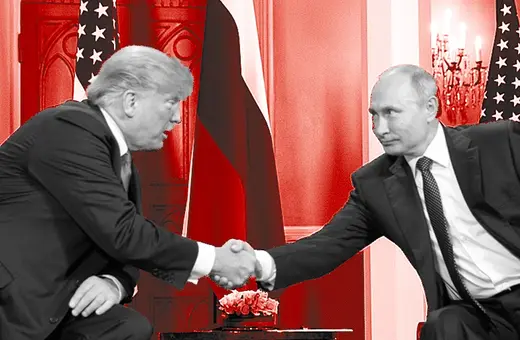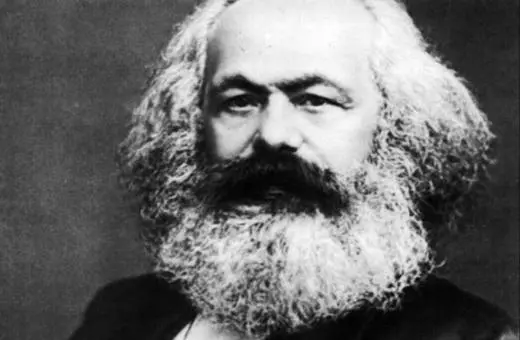Liberalism isn’t often associated with the left. And yet, liberalism historically shaped many of the left’s political projects. In interpreting freedom not only as non-intervention by the government, but as what made people autonomous individuals, able to make their own life choices, left-leaning parties were inspired by liberalism. Yet over the years, freedom was dropped off the menu of values the left cared about, interpreted to mean merely the freedom of markets. But liberty might be about to make a return, writes Toby Buckle.
Ideologies are by their nature restless. Nothing about them ever stays constant. They perpetually shift their policy positions as wars, economic shocks, and changing social norms force them to adapt. More than that, their core values – the way they invoke justice, or equality, or freedom – exist in a state of continual mutation as they process new ideas, arguments, social norms, events and developments in rival ideologies.
Take liberalism: over the last few generations the core arrangement of concepts in most of its mainstream expressions has shifted significantly. Liberty – or freedom – has moved from a central (if not the central) value to a less prominent, possibly even adjacent, position. Not only is the value invoked less by liberals, but the nature of their conception has changed. Possible interpretations of freedom, such as self-development, have been dropped and, by so doing, closed the door to possible pathways of argumentation.
Ideologies are by their nature restless. Nothing about them ever stays constant.
British varieties of liberalism from the tail end of the nineteenth century through to the middle of the twentieth placed freedom at the heart of a radically transformative political project that utterly changed the nature of the state and our relationship to it. For most of human history the primary economic function of the state has been to extract surpluses to fund the military (and some luxury spending by rulers). By the start of the post-war era both our conception of it and its reality had shifted to a mechanism to ensure the wellbeing and advancement of its citizens.
Arguably the zenith of this project was the Labour government of 1945-51. In the space of a few short years it created the NHS, making healthcare free at the point of charge, instituted a “cradle to grave” welfare system including pensions, sickness benefit, and unemployment benefits, nationalized many key industries, passed significant workers’ rights reforms, and made free secondary education a right for the first time.
What is interesting is the extent to which the arguments made for this radical project of creating the welfare state revolved around freedom. To many readers, this will all sound like a socialist project, one motivated by a desire to secure welfare, equality of outcome and the like. Not a liberal one aiming at freedom of life choices.
The transformation though has its origins in both ideologies. The Labour Party, under the overall header of a ‘Democratic Socialist’ party was (and is) a coalition of liberals, socialists, and everything in-between. Liberalism and socialism, as ideologies, both pursue a variety of political values that change over time. These values systems can have both divergences with each other, but also areas of potential overlap.





















Join the conversation